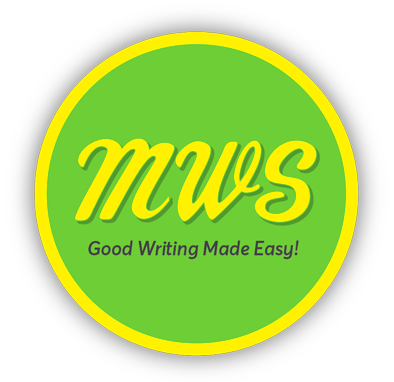4 Tips for Studying Smarter
Memorization and repetition will only get you so far post high school. Skimming, highlighting and cramming concepts the night before will only stress you out in most cases. There is nothing fulfilling about being up all night to barely pass. It’s important to start connecting dots each semester that will help with each class and not just one exam. It’s one thing to know how to take and pass a test, but some of us never learned useful ways to study and actually retain information learned.
Here are 4 easy tips to help improve the way that you study:
Find and embrace your learning style: Are you visual, verbal, aural, or physical? Some people will just hear something and remember. Others have to write it down and highlight it to make it stick. If you’re a social learner, you may want to look into study groups. There are seven different learning styles. Once you figure out what works best for you, you can create study habits that allow you to study smarter.
Plan Ahead: Now that you know your learning style, find 3 locations with the right study “vibe” for you. Do you work better in complete silence or with background movement and noises? Couches or hard-backed chairs? Having more than one location helps avoid excuses for not studying just because a spot is occupied. Check with staff to see if you can reserve spaces at your select locations ahead of time. Decide how long you will be there and what sections of the material you’d like to have completed in that time. Bring water, snacks, post-its, and materials to color code so you have no reason to lose focus.
Consistency: Studying in intervals is always better than cramming. Psychologists believe that looking over material within 24 hours of learning it will help you retain more of it. It’s also beneficial to fit reviews into gaps in your day. Study your flashcards on the way to class. Set aside 15 minutes to listen to a segment of a lecture each night. Even on a lazy day, look over your notes just to keep those synapses flowing.
Create your own study materials: So you’ve printed the powerpoints, recorded the lecture, or read the entire chapter. Great, but these materials should only be used as supplements. Creating your own study materials by rewriting the information in your own words is essential. For classes that require simple memorization, flashcards often work well. Most college classes require you to think critically, however, so that means you may need to dive a bit deeper by creating a comprehensive study guide. This can be done by creating detailed and specific questions from the material. For example, instead of memorizing, “The mitochondria is the powerhouse of the cell,” you’ll want to create smaller question that break down the definition into its more specific details (i.e., “How do cells create energy”, “What is ATP”, “What is phosphorylation”, “How does phosphorylation lead to the synthesis of ATP?”). This pushes you to be prepared to answer a question no matter how your professor phrases it. It’s also important to remember to take the time to complete the study guide you create. This is when you figure out what information requires you to draw a diagram, create a song, or email the TA.
Experiment with different routines until you get comfortable and confident. Creating a study routine that makes you happy not only tests your discipline, but also encourages you to develop routines that benefit you in your career field post-graduation. Schedule your study times as you would a part time job, and hold yourself accountable by tracking your progress in planners and calendars. Good luck and happy learning!
-Teri Fuller, Guest Writer
Bio:
Teri Fuller is a graduate of the Radiation Sciences program at Virginia Commonwealth University. She specializes in academic research writing and brand and sales management.
